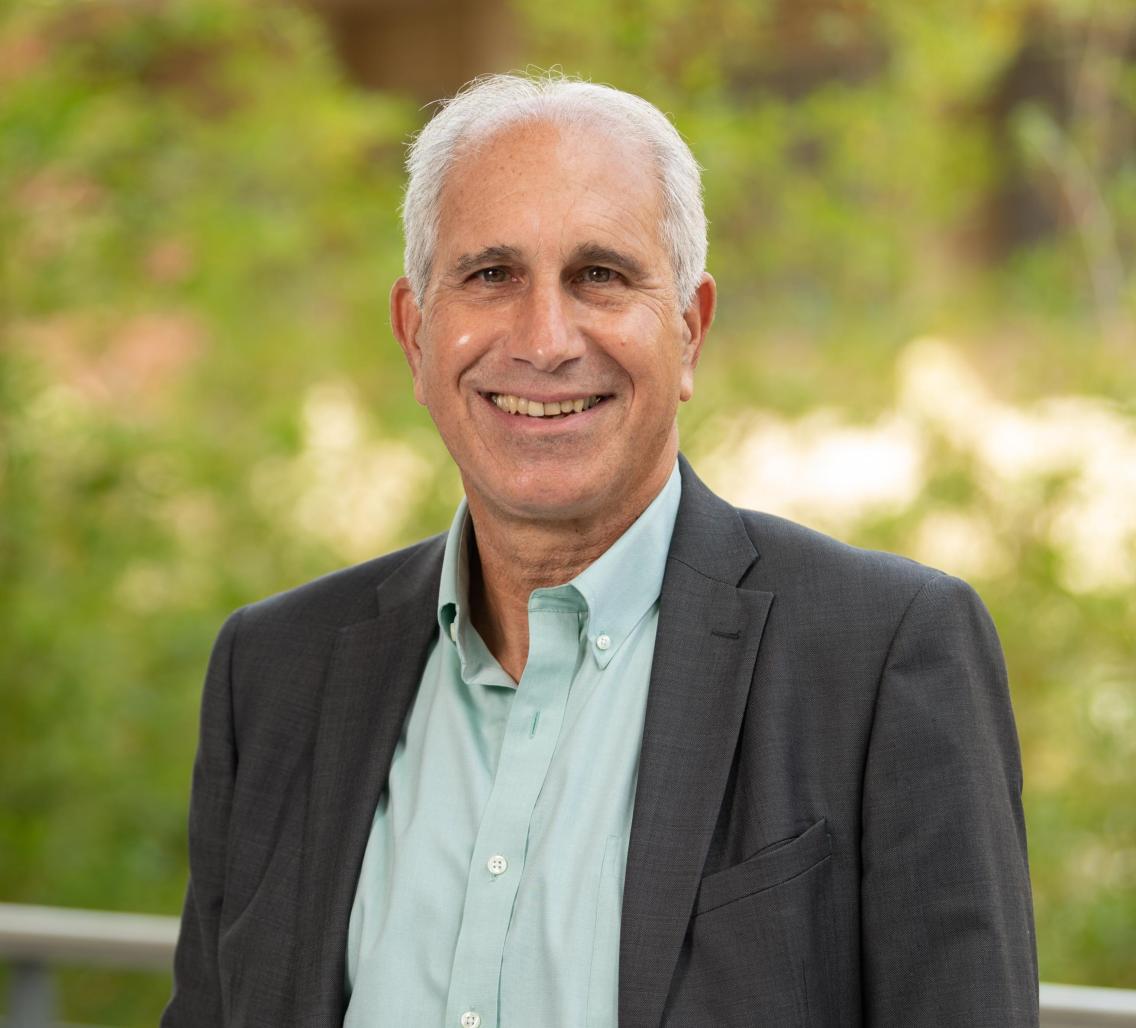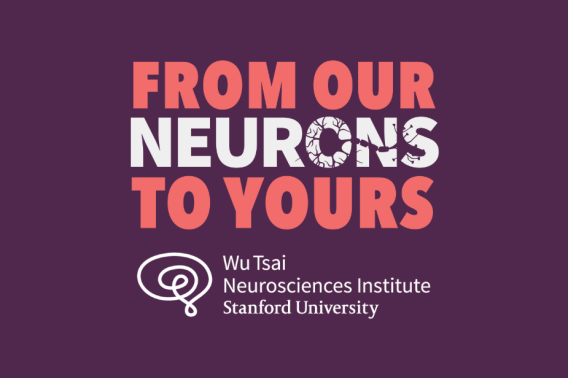Robert Malenka wins Peter Seeburg Integrative Neuroscience Prize 2022

The Wu Tsai Neurosciences Institute congratulates deputy director Robert Malenka for his 2022 Peter Seeburg Integrative Neuroscience Prize.
The career prize was awarded by the Society for Neuroscience and Federation of European Neuroscientists for Malenka’s “ground-breaking research in identifying the mechanically distinct forms of synaptic plasticity present in the human brain” according to the official announcement.
Early in his career, Malenka, who is the Nancy Friend Pritzker Professor of Psychiatry and Behavioral Sciences at Stanford, helped to distinctly separate the steps that lead to the varying forms of synaptic plasticity — the ability of the brain’s neural circuitry to rewire itself on the fly — while also identifying the proteins that contribute to the altering of synaptic efficacy over time. Recently, Malenka isolated a novel form of synaptic plasticity in the nucleus accumbens, the part of the brain associated with reward pathways, and has refocused his lab’s efforts on unravelling the neural mechanisms of social learning and empathy.
Malenka was presented with the Seeburg Prize on July 10, 2022, at the FENS Forum 2022 in Paris, France, and will receive a $100,000 prize. The prize, which is endowed by the Schaller-Nikolich Foundation, was created to recognize outstanding advances in the understanding of executive brain functions and cognitive processes.
The prize is named after the German neuroscientist Peter H. Seeburg, a pioneer in molecular neurobiology, who appreciated that “complex questions often must be broken down in order to become accessible to experimental scrutiny” according to prize organizers. The prize recognizes “those who continue [Seeburg’s] legacy by successfully embedding molecular and cellular events in a circuit and systems context to make significant advances in explaining cognitive and behavioral processes such as emotion, learning, memory, attention, and decision-making.”
“This recognition is particularly special to me because I knew Peter Seeburg reasonably well and greatly respected him. He was a scientist’s scientist who took extremely rigorous approaches to addressing important questions in molecular neurobiology and eventually in the challenging topics mentioned in the description of the award,” Malenka wrote in an email. “This philosophy is exactly what I try to achieve in my own lab. It is an honor and very gratifying for our decades-long efforts to be recognized.”
Malenka has been the recipient of numerous awards including the Pasarow Foundation Award for Extraordinary Accomplishment in Neuropsychiatry Research (2011) and the Society for Neuroscience Julius Axelrod Prize (2016). His papers have been cited more than 100,000 times and have provided foundational knowledge about the mechanisms of synaptic plasticity and modulation in the mammalian brain. His laboratory continues to conduct research on the synaptic and circuit mechanisms that mediate motivated behaviors of relevance to a range of brain disorders including addiction, autism, and depression.



